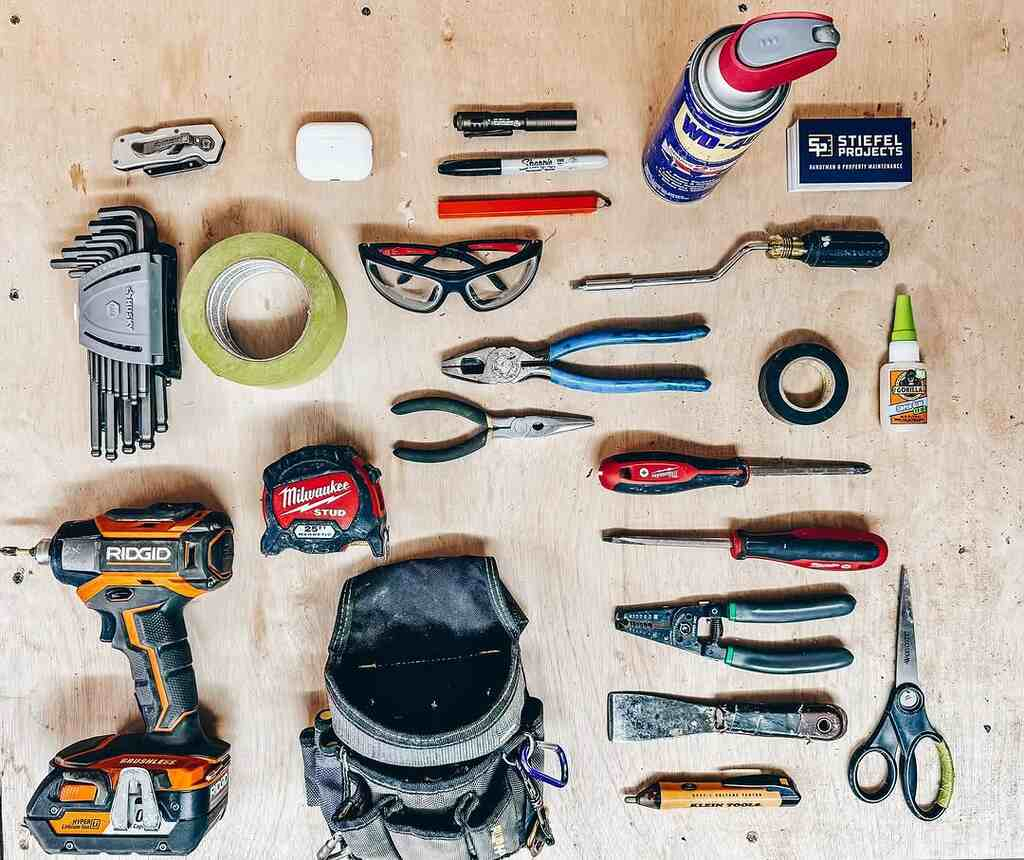Starting a handyman business requires a careful investment in tools and supplies to ensure you can provide quality service to your clients. Whether you’re handling small repairs, installations, or larger home improvement projects, having the right equipment is crucial.
Below are the key building supplies in Toronto or elsewhere that you should consider investing in before opening your handyman business.
Basic Hand Tools
Every handyman needs a solid collection of hand tools to handle a variety of tasks. These tools are versatile, relatively inexpensive, and essential for everyday repairs. Some key hand tools to invest in include:
- Hammers: A good quality hammer with a comfortable grip is essential for any job that requires nails, stakes, or adjustments.
- Screwdrivers: A set of flathead and Phillips screwdrivers in various sizes will allow you to tackle common tasks like tightening screws or assembling furniture.
- Pliers: Both needle-nose and standard pliers are necessary for gripping, twisting, or cutting wires and small materials.
- Tape Measure: Accurate measurements are critical, so invest in a durable, retractable tape measure.
- Utility Knife: Useful for cutting various materials, from drywall to roofing shingles.
Power Tools
While hand tools are vital, power tools increase efficiency and help with more demanding jobs. Investing in high-quality power tools will enable you to take on a wider range of projects. Essential power tools include:
- Drill/Driver: A cordless drill with various drill bits and screwdriver attachments will help with drilling holes and driving screws.
- Saw: A circular saw is ideal for cutting through wood, while a jigsaw is versatile for cutting curved shapes.
- Sander: A random orbital sander is perfect for smoothing rough surfaces or prepping wood for painting.
- Reciprocating Saw: Known as a “sawzall,” this tool is useful for demolition and cutting through tough materials like pipes, metal, and old drywall.
Ladders and Scaffolding
Ladders are essential for any work that requires you to reach higher places, such as cleaning gutters or fixing a ceiling fan. A sturdy, extendable ladder will give you the flexibility to tackle a range of jobs.
You should also consider investing in scaffolding if your jobs often require working on taller structures like roofs or multi-story homes.
Safety Gear
Safety should always be a top priority. As a handyman, you’ll be exposed to potential hazards, such as sharp objects, electrical components, and heavy lifting. Having the proper safety gear is essential to minimize risk and ensure your own protection. The following items should be part of your initial investment:
- Work Gloves: Protect your hands from cuts, splinters, and burns.
- Safety Glasses: Protect your eyes from flying debris, dust, or chemicals.
- Ear Protection: When working with loud power tools, ear protection is a must.
- Knee Pads: These will protect your knees while you’re working on floors or installing low-to-the-ground fixtures.
Vehicle and Storage
For a handyman business, having a reliable vehicle for transporting tools and materials is essential. A van or truck with sufficient space for storing large tools and equipment will make your work easier and more efficient.
You’ll also need a secure storage system inside your vehicle, such as tool boxes or shelves, to keep everything organized and easily accessible.
Conclusion
Investing in the right supplies for your handyman business is key to setting yourself up for success. By starting with the essential tools, safety gear, and equipment, you’ll be ready to tackle a variety of projects while maintaining a high level of professionalism. As your business grows, you can expand your toolkit to meet the demands of larger, more complex jobs.

